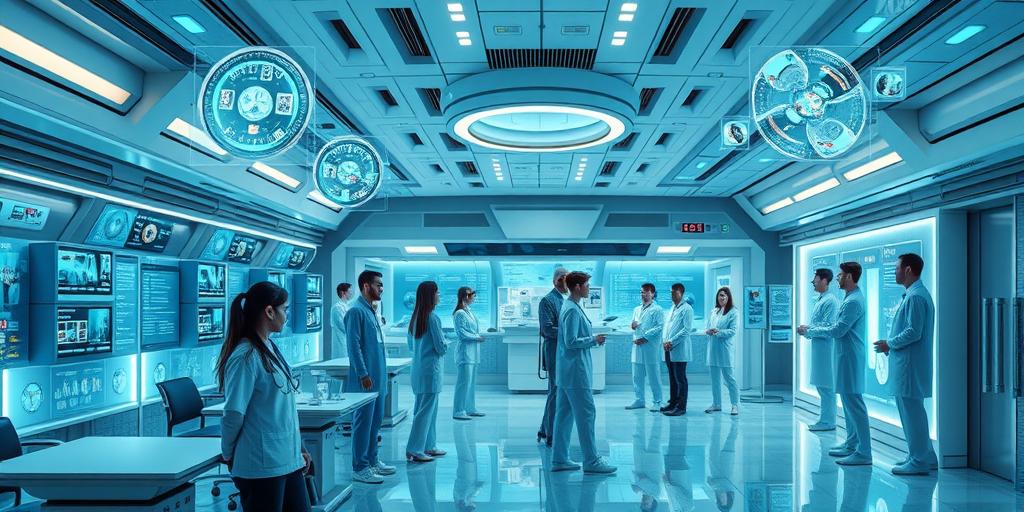The Future of Healthcare Driven by Tech
Technology is rapidly transforming healthcare, promising a future where treatments are more personalized, efficient, and accessible. From AI-powered diagnostics to robotic surgery and telehealth, the innovations are reshaping the landscape of medicine.
AI in Diagnostics
Artificial intelligence is revolutionizing medical diagnostics by analyzing vast amounts of data to identify patterns and anomalies that might be missed by human eyes. AI algorithms can detect diseases like cancer at earlier stages, improving patient outcomes and survival rates. This technology not only enhances accuracy but also reduces the time required for diagnosis, allowing for quicker intervention.
Robotic Surgery
Robotic surgery is another frontier in healthcare technology. Robots enhance surgeons' precision, dexterity, and control, leading to minimally invasive procedures, reduced pain, and shorter recovery times for patients. As robotic systems become more sophisticated, they are being used in a broader range of surgical specialties, making advanced procedures more accessible.
Telehealth
Telehealth is expanding access to healthcare services, particularly for those in remote areas or with mobility issues. Virtual consultations, remote monitoring, and digital health platforms are enabling patients to receive care from the comfort of their homes. Telehealth solutions not only improve convenience but also reduce healthcare costs and enhance patient engagement.
Personalized Medicine
Tech is making healthcare more personalized. By analyzing individual genetic information and lifestyle data, doctors can tailor treatments to each patient's unique needs. Pharmacogenomics, for instance, uses genetic information to optimize drug selection and dosage, minimizing adverse effects and maximizing therapeutic benefits. This personalized approach promises to make healthcare more effective and targeted.
Challenges and Opportunities
While the future of healthcare driven by tech is bright, there are challenges to address. Data security and privacy are paramount, as sensitive patient information must be protected from cyber threats. Interoperability of healthcare systems is also crucial to ensure seamless data exchange between providers. Addressing these challenges will pave the way for widespread adoption and integration of technology in healthcare, ultimately improving patient care and outcomes.









